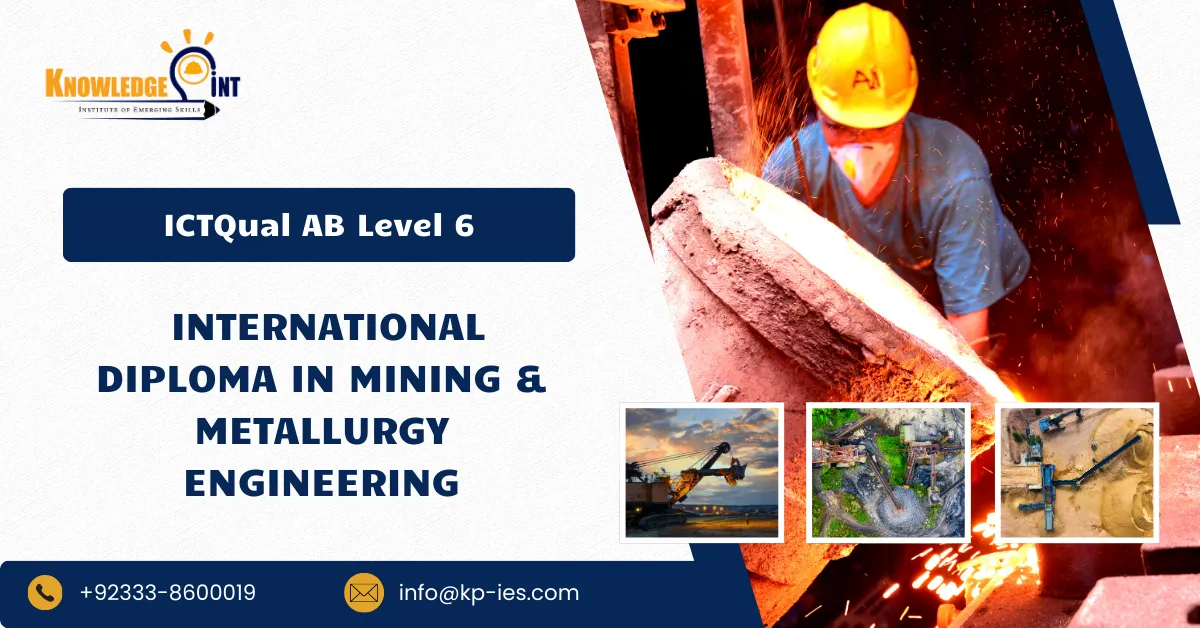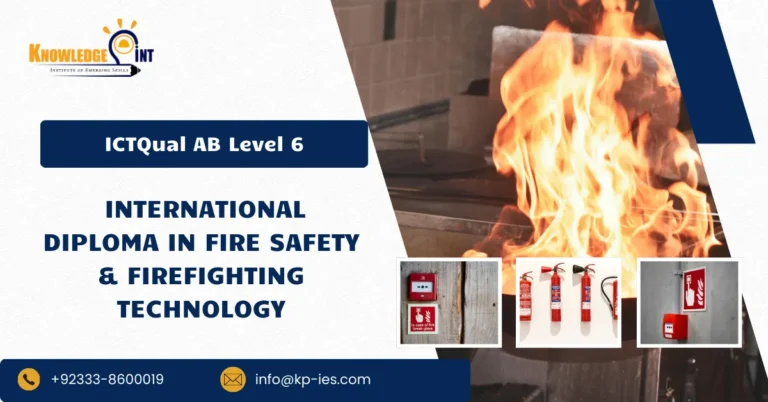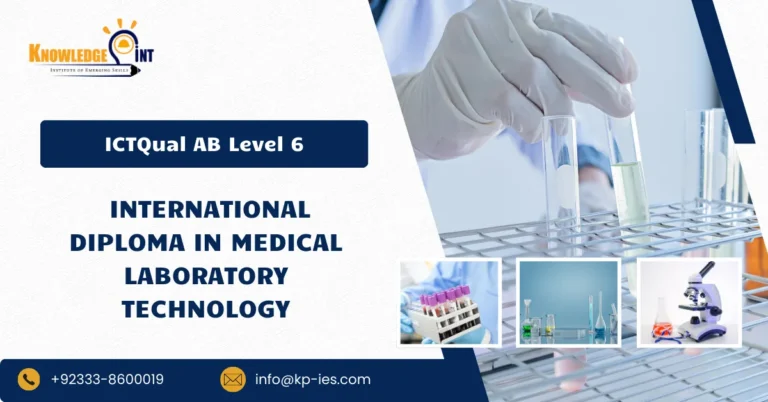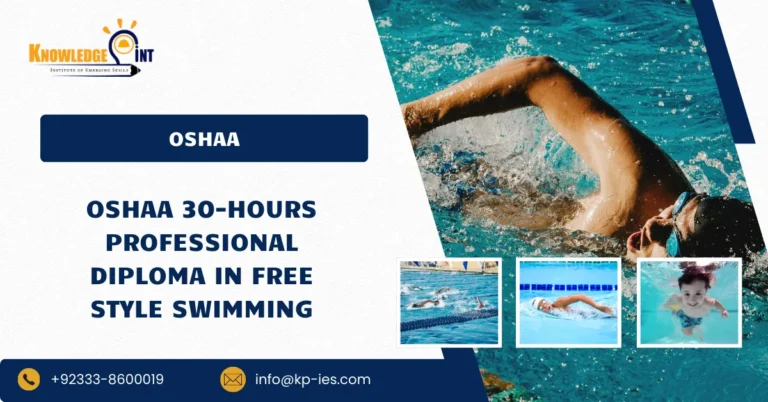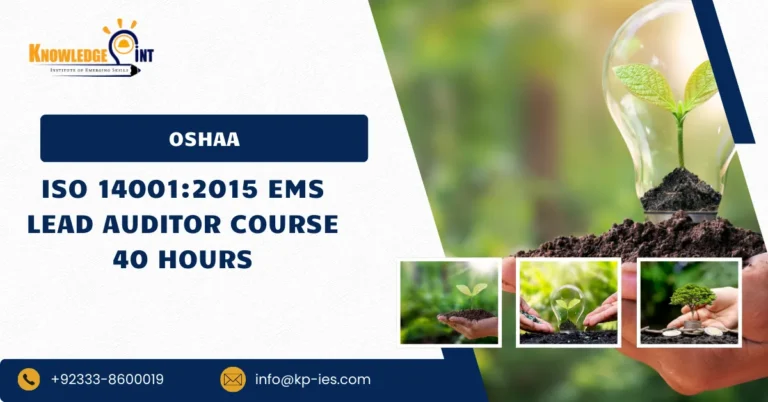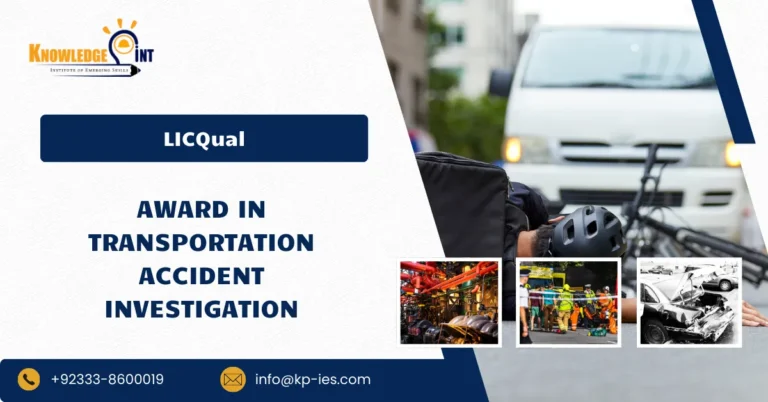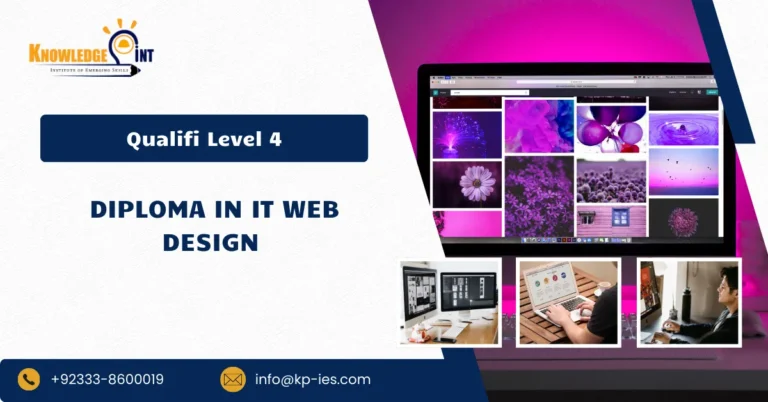The ICTQual AB Level 6 International Diploma in Mining & Metallurgy Engineering is a comprehensive programme designed to equip learners with advanced knowledge and practical skills in mining operations, metallurgical processes, and mineral resource management. This diploma provides a robust foundation for understanding the full spectrum of mining and metallurgy, from exploration, extraction, and processing to sustainable and environmentally responsible practices.
Learners will gain expertise in areas such as mineralogy, ore processing, metallurgy, mining machinery, geotechnical analysis, and industrial safety. The programme also covers modern technologies and digital tools, including mine automation, Industry 4.0 applications, and advanced material testing techniques, ensuring graduates are prepared for the evolving demands of the mining and metallurgical industries.
This qualification is ideal for both fresh learners seeking entry into the mining and metallurgy sector and professionals aiming to enhance their technical competencies, management skills, and industry knowledge. By completing this diploma, learners develop critical problem-solving abilities, practical engineering skills, and a strong understanding of regulatory, environmental, and safety standards in mining operations.
Graduates of Mining & Metallurgy Engineering programme are well-positioned to pursue specialised career roles in mining engineering, mineral processing, metallurgical engineering, project management, and operational leadership. They will also gain the capabilities to contribute to sustainable and efficient resource utilisation, technological innovation, and the optimisation of mining and metallurgical processes.
Course Overview
This qualification, the ICTQual AB Level 6 International Diploma in Mining & Metallurgy Engineering, consists of 36 mandatory units.
Year 1 – Foundation in Mining & Metallurgy Engineering
- Principles of Mining and Metallurgy Engineering
- Engineering Mathematics
- Fundamentals of Mechanical and Electrical Engineering
- Materials Science and Metallurgy
- Engineering Drawing and Computer-Aided Design (CAD)
- Introduction to Mining Geology and Mineralogy
- Basics of Mining Operations and Techniques
- Fundamentals of Ore Processing and Metallurgical Methods
- Health, Safety, and Environmental Practices in Mining
- Introduction to Mining Equipment and Machinery
- Communication and Technical Report Writing
- Introduction to Project Management in Engineering
Year 2 – Intermediate Studies in Mining & Metallurgy Engineering
- Mining Methods and Mine Planning
- Mineral Processing and Extractive Metallurgy
- Rock Mechanics and Geotechnical Engineering
- Advanced Materials and Metallurgical Analysis
- Industrial Automation and Control Systems in Mining
- Mine Surveying and Geomatics Applications
- Industrial Maintenance and Reliability in Mining Operations
- Sustainable Mining Practices and Environmental Management
- Applied Research Methods in Mining and Metallurgy
- Mining Economics and Cost Control
- Project Planning and Mine Operations Management
- Health, Safety, and Risk Management in Metallurgy
Year 3 – Advanced Studies in Mining & Metallurgy Engineering
- Advanced Mining Techniques and Underground Operations
- Advanced Metallurgical Processes and Simulation
- Mineral Resource Evaluation and Optimisation
- Mine Ventilation and Environmental Control Systems
- Smart Mining Technologies and Industry 4.0 Applications
- Robotics and Automation in Mining and Metallurgy
- Cyber-Physical Systems and IoT in Mining Operations
- Professional Ethics and Sustainability in Mining Engineering
- Innovation and Entrepreneurship in Mining & Metallurgy
- Infrastructure and Facility Planning for Mining Projects
- Advanced Research and Analytical Techniques in Metallurgy
- Final Year Major Project (Capstone Project)
Learning Outcomes for the ICTQual AB Level 6 International Diploma in Mining & Metallurgy Engineering:
Year 1 – Foundation in Mining & Metallurgy Engineering
Principles of Mining and Metallurgy Engineering
- Understand fundamental concepts in mining & metallurgy engineering processes.
- Analyse extraction, processing, and material handling methods.
- Demonstrate knowledge of mining and metallurgy terminology and industry standards.
Engineering Mathematics
- Apply algebra, calculus, and statistics to mining and metallurgical problems.
- Use mathematical models to interpret engineering systems.
- Develop problem-solving and analytical skills for technical applications.
Fundamentals of Mechanical and Electrical Engineering
- Understand mechanical and electrical principles relevant to mining machinery and equipment.
- Analyse basic circuits, power systems, and mechanical operations.
- Apply theoretical knowledge to simple engineering scenarios.
Materials Science and Metallurgy
- Identify types of metals and alloys used in mining and metallurgy.
- Understand material properties, structure-performance relationships, and testing methods.
- Select appropriate materials for engineering and metallurgical applications.
Engineering Drawing and Computer-Aided Design (CAD)
- Interpret technical drawings and industry standards.
- Develop 2D and 3D models using CAD software.
- Apply geometric tolerancing and dimensioning principles.
Introduction to Mining Geology and Mineralogy
- Identify rock types, minerals, and ore deposits.
- Understand geological formation and mineral distribution.
- Apply geological concepts to mining exploration and planning.
Basics of Mining Operations and Techniques
- Understand surface and underground mining methods.
- Analyse mining workflows, equipment use, and safety considerations.
- Demonstrate practical knowledge of ore extraction techniques.
Fundamentals of Ore Processing and Metallurgical Methods
- Apply principles of crushing, grinding, and mineral separation.
- Understand metallurgical processes for metal extraction.
- Evaluate efficiency and sustainability of processing methods.
Health, Safety, and Environmental Practices in Mining
- Identify workplace hazards and implement control measures.
- Apply health, safety, and environmental regulations.
- Promote sustainable mining practices.
Introduction to Mining Equipment and Machinery
- Understand types, functions, and operation of mining machinery.
- Evaluate equipment selection and performance.
- Apply basic maintenance and safety practices.
Communication and Technical Report Writing
- Develop clear technical communication and reporting skills.
- Structure professional engineering reports and documentation.
- Apply correct referencing and industry communication standards.
Introduction to Project Management in Engineering
- Understand project planning, scheduling, and resource allocation.
- Apply basic project management tools such as Gantt charts and critical path analysis.
- Analyse risks and manage project deliverables effectively.
Year 2 – Intermediate Studies in Mining & Metallurgy Engineering
Mining Methods and Mine Planning
- Analyse different mining methods for efficiency and safety.
- Develop mine plans including layouts, schedules, and resource allocation.
- Apply planning tools to optimise operations.
Mineral Processing and Extractive Metallurgy
- Implement advanced mineral separation and refining techniques.
- Analyse metallurgical processes to maximise recovery.
- Evaluate process efficiency and environmental impact.
Rock Mechanics and Geotechnical Engineering
- Assess rock properties, stability, and stress distribution.
- Apply geotechnical principles to mine design and excavation safety.
- Analyse slope stability and ground support requirements.
Advanced Materials and Metallurgical Analysis
- Investigate advanced metal alloys and metallurgical techniques.
- Analyse structural and thermal properties of metals.
- Apply testing methods to ensure quality and performance.
Industrial Automation and Control Systems in Mining
- Understand automation principles and control systems for mining operations.
- Program and monitor PLC-based systems.
- Apply digital monitoring for process efficiency and safety.
Mine Surveying and Geomatics Applications
- Conduct surveys using traditional and digital methods.
- Apply GIS and geomatics in mine planning.
- Analyse spatial data for operational optimisation.
Industrial Maintenance and Reliability in Mining Operations
- Apply preventive and predictive maintenance strategies.
- Analyse equipment reliability and implement condition monitoring.
- Improve operational efficiency through maintenance planning.
Sustainable Mining Practices and Environmental Management
- Implement sustainable practices in mining operations.
- Assess environmental impact and compliance with regulations.
- Promote resource efficiency and ecological responsibility.
Applied Research Methods in Mining and Metallurgy
- Develop research proposals and methodologies.
- Analyse qualitative and quantitative data.
- Present findings in technical and academic formats.
Mining Economics and Cost Control
- Analyse financial aspects of mining operations.
- Apply budgeting, cost estimation, and optimisation techniques.
- Evaluate economic feasibility of mining projects.
Project Planning and Mine Operations Management
- Plan and manage mining projects effectively.
- Apply scheduling, resource allocation, and risk management techniques.
- Monitor operational performance and productivity.
Health, Safety, and Risk Management in Metallurgy
- Apply safety and risk assessment protocols.
- Identify hazards in metallurgical operations and implement controls.
- Promote a culture of safety and regulatory compliance.
Year 3 – Advanced Studies in Mining & Metallurgy Engineering
Advanced Mining Techniques and Underground Operations
- Analyse complex underground mining methods.
- Implement best practices for safety, efficiency, and resource optimisation.
- Solve technical challenges in deep mining operations.
Advanced Metallurgical Processes and Simulation
- Apply simulation techniques to Mining & Metallurgy Engineering operations.
- Analyse complex processing systems for efficiency and sustainability.
- Optimise metallurgical workflows and production quality.
Mineral Resource Evaluation and Optimisation
- Conduct resource estimation and feasibility studies.
- Apply modelling techniques to optimise extraction.
- Evaluate economic and technical viability of mineral projects.
Mine Ventilation and Environmental Control Systems
- Design and analyse ventilation systems for underground operations.
- Implement environmental control and monitoring solutions.
- Ensure safety, air quality, and regulatory compliance.
Smart Mining Technologies and Industry 4.0 Applications
- Integrate IoT, automation, and digital monitoring in mining.
- Apply Industry 4.0 technologies for operational optimisation.
- Evaluate data-driven solutions for mining efficiency.
Robotics and Automation in Mining and Metallurgy
- Understand robotics applications in extraction and processing.
- Implement automated systems for operational safety and productivity.
- Evaluate performance of robotic solutions in mining environments.
Cyber-Physical Systems and IoT in Mining Operations
- Integrate digital sensors and networked systems in mining processes.
- Analyse operational data for efficiency and predictive maintenance.
- Apply cyber-physical systems to modern mining operations.
Professional Ethics and Sustainability in Mining Engineering
- Understand ethical responsibilities of mining engineers.
- Apply sustainability frameworks in design and operations.
- Evaluate social and environmental impacts of mining projects.
Innovation and Entrepreneurship in Mining & Metallurgy
- Develop entrepreneurial skills for the mining sector.
- Innovate technologies and processes for industrial applications.
- Create business strategies for mining and metallurgical ventures.
Infrastructure and Facility Planning for Mining Projects
- Plan and design mining facilities and supporting infrastructure.
- Apply principles of efficiency, safety, and environmental sustainability.
- Evaluate cost, logistics, and operational requirements.
Advanced Research and Analytical Techniques in Metallurgy
- Conduct complex metallurgical experiments and analyses.
- Apply computational and laboratory techniques to process optimisation.
- Present findings in professional reports and technical publications.
Final Year Major Project (Capstone Project)
- Undertake independent research or applied engineering project.
- Integrate knowledge from mining and metallurgy disciplines.
- Present results through professional reports and technical presentations.
Course Benefits of ICTQual ABLevel 6 International Diploma in Mining & Metallurgy Engineering
- Provides comprehensive knowledge of mining processes, metallurgical principles, and mineral extraction techniques.
- Equips learners with practical skills in ore processing, mineral analysis, and metal refining.
- Develops expertise in mining equipment operation, safety protocols, and environmental management.
- Enhances understanding of mining regulations, occupational health, and industrial standards.
- Offers hands-on experience through laboratory work, site visits, and real-world mining projects.
- Strengthens problem-solving, analytical, and technical decision-making skills in mining and metallurgy.
- Prepares learners for leadership and supervisory roles in mining operations and metallurgical plants.
- Improves employability in mining companies, metallurgical industries, research laboratories, and consultancy firms.
- Promotes adherence to ethical practices, sustainability, and safety standards in mining and metallurgy operations.
- Supports continuous professional development and specialization in advanced mining and metallurgical technologies.
After completing this course, learners can progress in the following ways:
- Pursue Master’s degrees in Mining Engineering, Metallurgical Engineering, Mineral Processing, or Materials Science.
- Obtain professional certifications such as Chartered Mining Engineer, Metallurgical Specialist, or Mineral Processing Expert.
- Advance into senior roles such as Mining Operations Manager, Metallurgical Engineer, Mineral Processing Supervisor, or Technical Consultant.
- Work with mining companies, metal refineries, engineering consultancies, research institutes, and government mining departments.
- Progress into leadership and managerial positions, overseeing mining projects, metallurgical operations, and industrial safety.
- Engage in research and innovation, contributing to sustainable mining practices, advanced metallurgical techniques, and mineral processing technologies.
- Transition into specialized areas such as extractive metallurgy, mineral exploration, mine safety management, or metallurgical process optimization.

